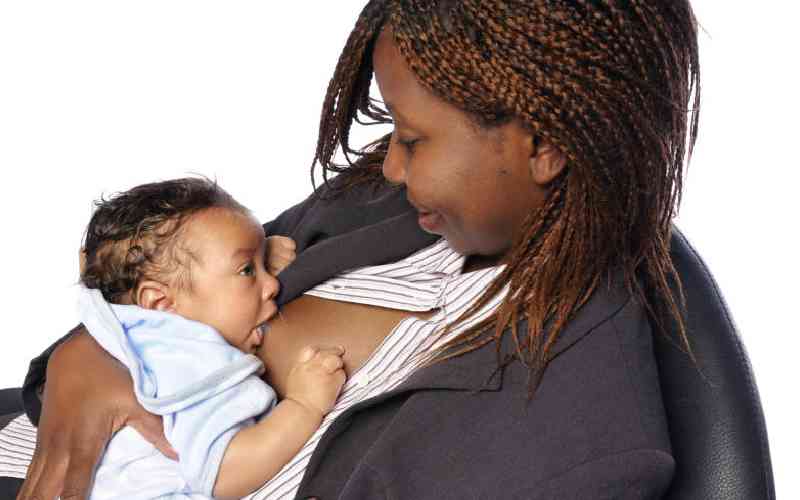×
The Standard e-Paper
Stay Informed, Even Offline

Millions of women and families worldwide have joined lactating mothers to mark this year's World Breastfeeding Month which kicked off on August 1 under the theme "Closing the gap: Breastfeeding support for all".
Breastfeeding has been touted as a critical part of motherhood as it creates the first strong bond between mother and baby, which grows stronger into their adulthood.